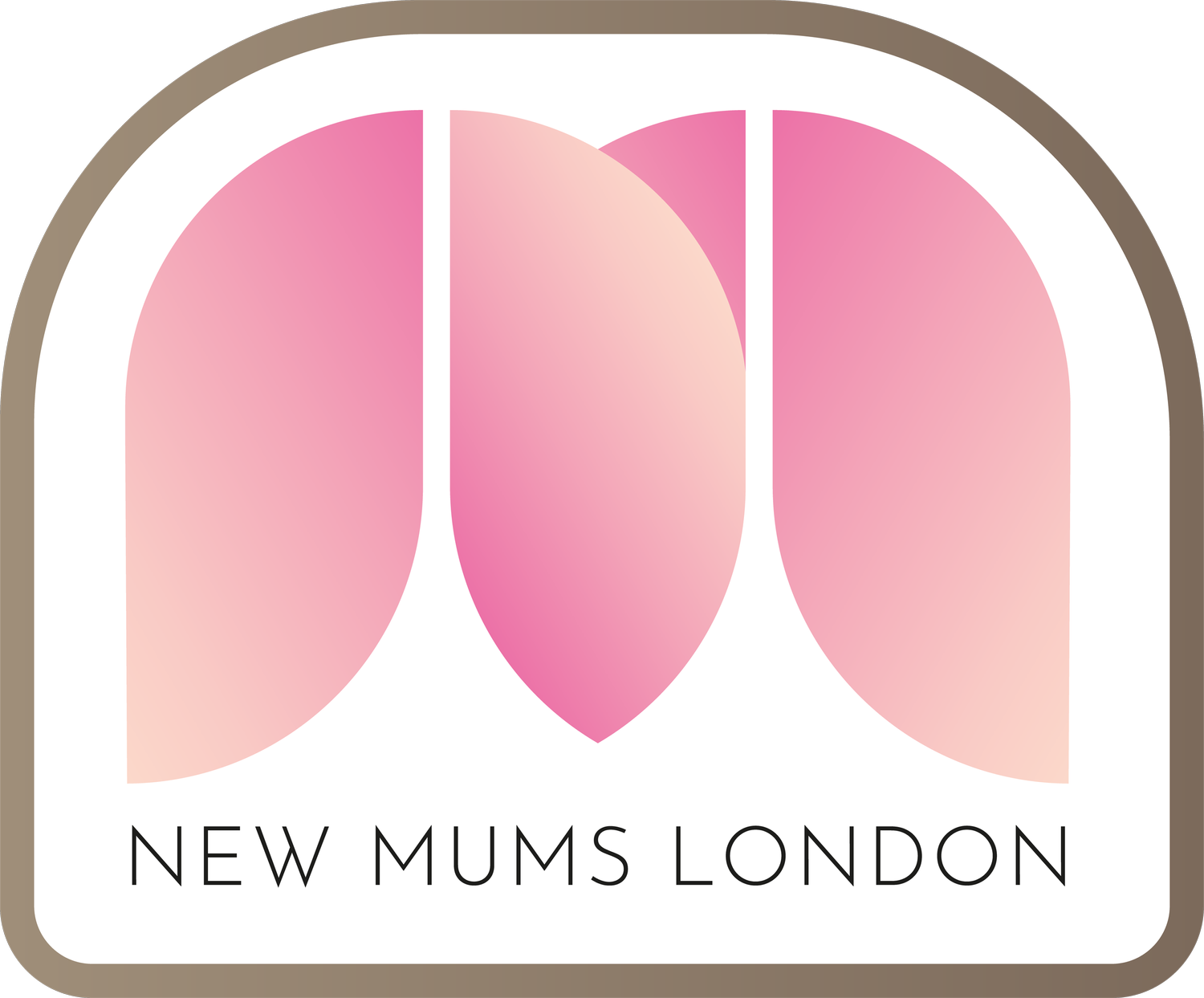Nanny Qualifications in the UK: What Parents Should Know
Choosing a nanny for your child is an extremely important decision, and understanding their qualifications can make a big difference in ensuring your child is in safe and capable hands. While there are no legal requirements for nannies to hold qualifications in the UK, having the right training and credentials can greatly enhance a nanny's skill set.
Key Qualifications for Nannies
Norland College
- Norland College: Known as the gold standard in nanny education, Norland College offers a prestigious training program that provides comprehensive education in childcare. Norland Nannies are highly sought after due to their rigorous training and professionalism, often finding employment with high-profile families, including members of royalty, celebrities, and busy families. Norland offers a BA degree in Early Years Development and Learning, which spans three years, alongside a diploma program that takes an additional year to complete. The Norland nanny training program is renowned for its unique learning modules, including security and self-defence training delivered by former military intelligence officers. Trainees at Norland are expected to produce a variety of assessments, including essays, presentations, and portfolios, in addition to completing exams and undertaking six work placements throughout their training.
- CACHE Level 2 Certificate in an Introduction to Early Years Education and Care: This qualification is aimed at individuals looking to start their careers in childcare and provides a basic understanding of early years education and care. It helps candidates develop a foundational knowledge of child development and the skills necessary to support children and their families.
- NVQ Level 3 in Early Years Care and Education: This qualification is available in England, Wales, and Northern Ireland, focusing on the essential skills needed for working in early childhood settings. It's a practical qualification respected by many employers.
- CACHE Level 3 Diploma in Early Years Practice: This diploma emphasises practical skills and foundational knowledge necessary for effectively caring for young children. It is widely recognised within the childcare industry.
- NVQ Level 3 Certificate in Work with Children (APEL): This qualification allows individuals to gain credentials based on their prior work experience, using Accreditation of Prior Experience and Learning. It recognises the skills acquired through hands-on experience in childcare.
- CACHE Level 3 Diploma in Childcare and Education: A widely respected qualification covering important areas of child development, care, and education. It prepares nannies with essential knowledge needed in the field.
- Edexcel Level 3 BTEC National Certificate: A vocational qualification providing the practical knowledge and skills necessary for effective childcare. It's structured to offer both theoretical and hands-on experience.
- SVQ Level 3 in Early Years Care and Education: Specific to Scotland, this qualification mirrors the NVQ but focuses on early childhood education, allowing nannies to demonstrate their competences in childcare.
- LCCIEB NVQ Level 3 in Early Years Care and Education: Another demonstrative version of the NVQ, affirming a nanny's competence in early years education and care.
- Advanced Modern Apprenticeship in Early Years Care and Education: This apprenticeship combines on-the-job experience with formal study, enabling nannies to learn while they work, ensuring that they grow their skills practically and theoretically.
- The Chiltern College Certificate: This certificate addresses various areas of child development and care practices, equipping nannies with additional knowledge applicable in childcare environments.
- Princess Christian College: This institution offers recognised qualifications aimed specifically at preparing nannies for roles in early childhood education.
Essential Training for Nannies
- Paediatric First Aid (PFA): Every nanny MUST attend a Paediatric First Aid course. It covers essential life-saving techniques, including CPR, choking response, and first aid for common injuries like burns and cuts. A valid PFA certificate is also vital for nannies wanting to register with Ofsted, opening up more job opportunities and enhancing their professional standing.
- Continuing Professional Development (CPD): To remain competitive in the childcare field, nannies should consider pursuing Continuing Professional Development. This includes workshops, courses, and certifications in areas such as:
- Safeguarding and child protection.
- Nutrition and child health.
- Special educational needs and disabilities (SEND).
Regularly updating skills ensures that nannies provide the best possible care, comply with current regulations, and improve their career prospects.
New Mums London
By asking about qualifications and ongoing professional development, you can feel more confident in your choice, ensuring that your child receives the best care possible. Remember, investing in a qualified nanny is an investment in your child’s future.
While specific qualifications are valuable, parents should also take into account personal qualities, reference checks, interview performance, and consider conducting a trial when selecting a nanny. This comprehensive approach helps ensure that the chosen nanny is not only skilled but also a perfect fit for the family's unique needs and dynamics. If you are looking for a skilled and professional nanny, contact New Mums London.
#NannyQualifications #ParentingTips #UKNannies #ChildDevelopment #NannySearch #ChildCareEducation #ProfessionalNanny #QualifiedNanny #NewMumsLondon



